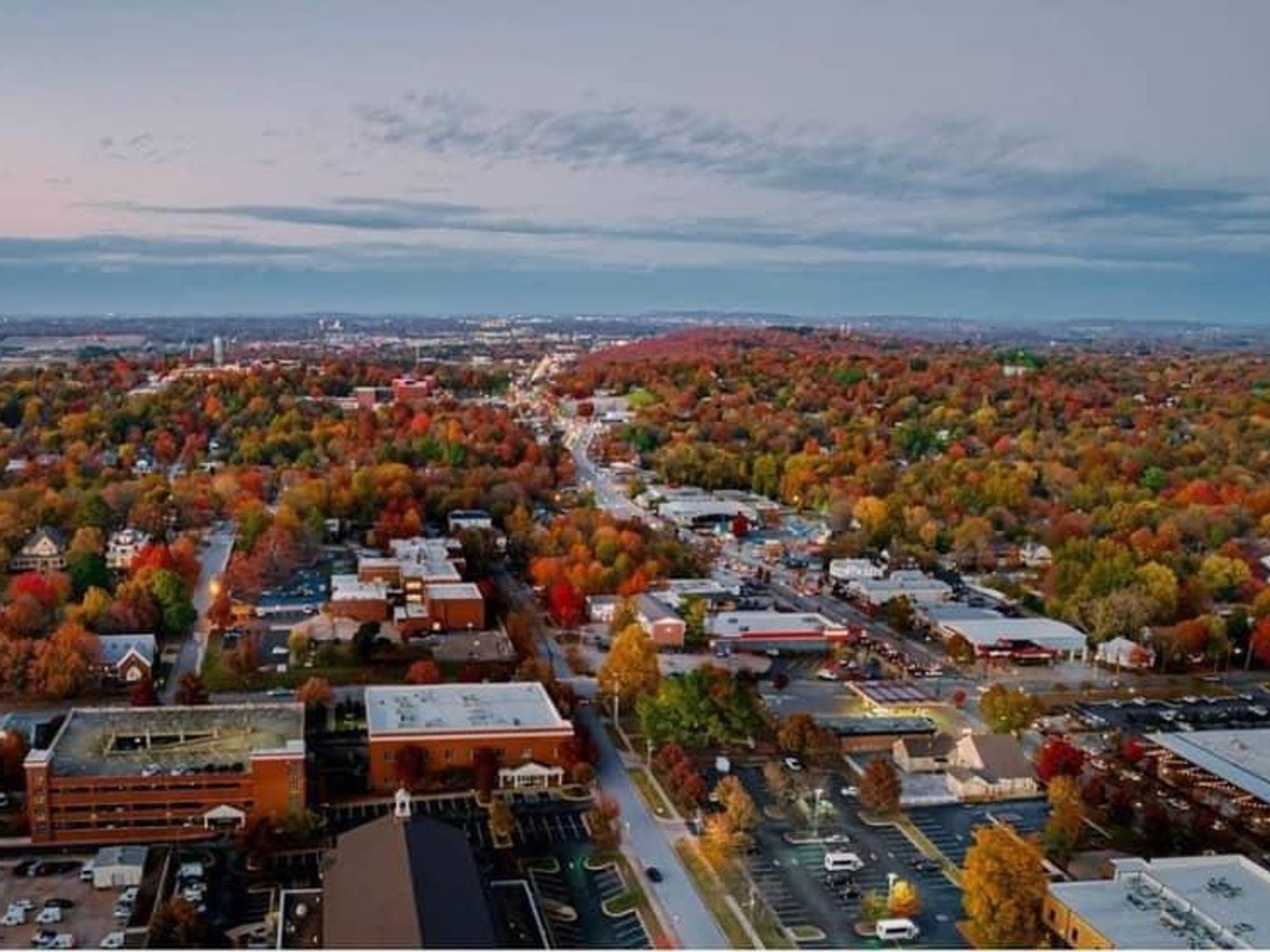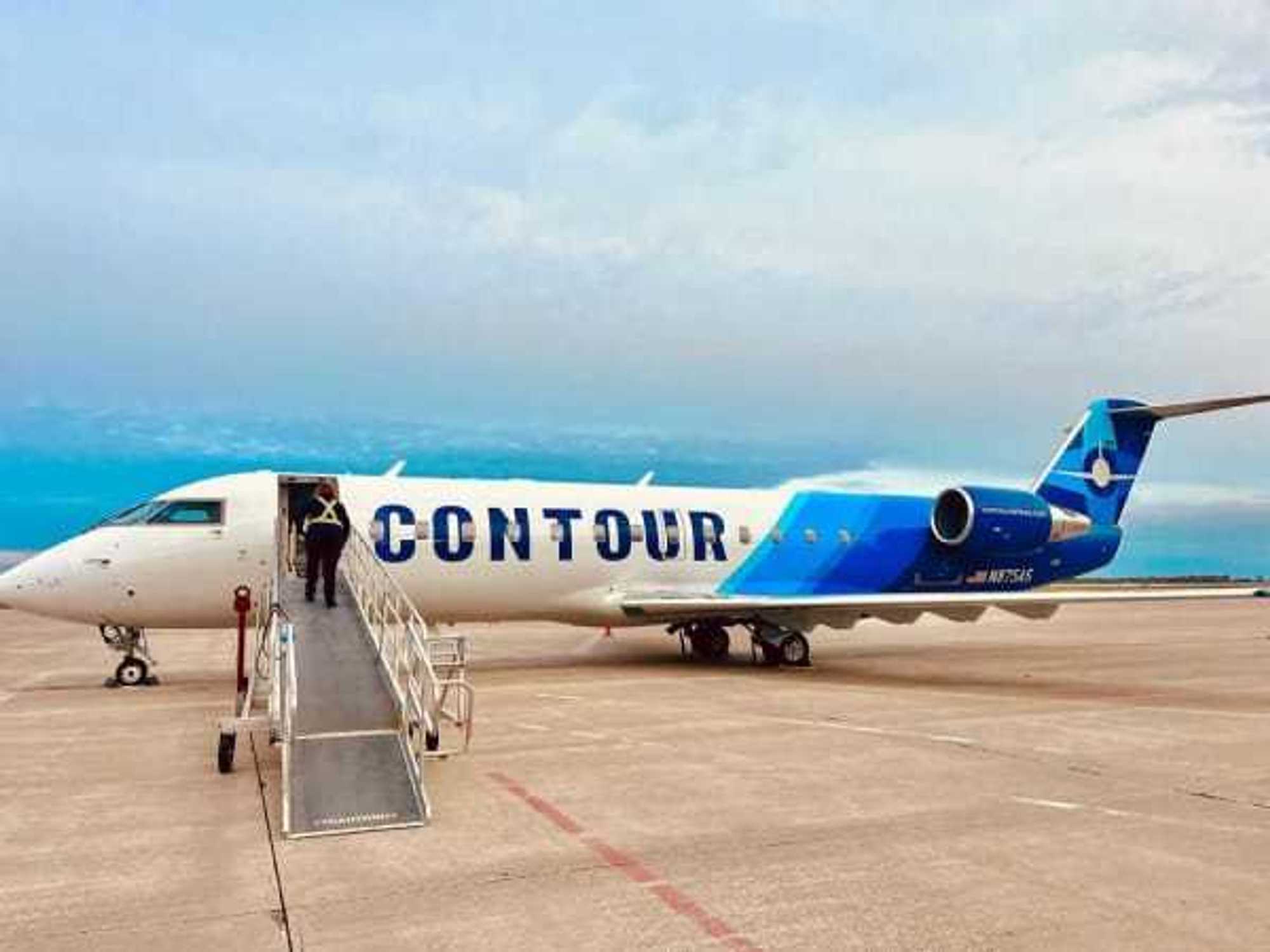Silicon Mountains?
Surprising place northeast of Dallas could be ‘the next Austin,’ says Bloomberg

For years, cities around the country have competed for the banner of “the next Austin.”
In hopes of replicating Austin’s astounding success as a much-admired economic hub, fans of places like Chattanooga, Tennessee; Asheville, North Carolina; Tampa, Florida; and Raleigh, North Carolina, have touted their cities as the next incarnation of Austin.
Now, there’s a new entrant in “the next Austin” sweepstakes — a candidate that you might never have imagined. Bloomberg Opinion columnist Conor Sen, founder of Atlanta-based Peachtree Creek Investments, makes the case for the mountainous Northwest Arkansas region to be the Austin-in-waiting.
As home to corporate behemoth Walmart and the University of Arkansas, and awash in philanthropy money (mostly from Walmart heirs), Northwest Arkansas deserves consideration for the title of “the next Austin,” Sen argues in an online column. He says the region — primarily comprising Fayetteville, home of the University of Arkansas; Bentonville, home of Walmart; and Springdale and Rogers — is an ideal destination for folks who feel they’ve been priced out of Austin.
Sen notes that among the 110 U.S. metro areas with more than 500,000 residents, the Fayetteville-Springdale-Rogers metro area ranked fifth for population growth in the 2010s. Around 550,000 people live in the metro area.
The primary driver of the region’s growth is Walmart, the retail behemoth. The company, which posted revenue of $141 billion in its most recent budget year, is building a new corporate campus on roughly 350 acres in Bentonville. More than 14,000 people work at Walmart’s headquarters. Walmart has called Bentonville home since 1971.
“Bentonville has been transformed in recent years from a small Arkansas town to a thriving, increasingly upscale community,” Alan Ellstrand, associate dean of the Walton College of Business at the University of Arkansas, told CNN Business in 2019.
Aside from Walmart itself, the Bentonville area boasts outposts of Walmart vendors such as Campbell Soup, Hershey, and Procter & Gamble. And the retailer has spurred the region’s ascendance as an emerging tech hub.
In addition, Tyson Foods’ headquarters is in nearby Springdale. Tyson Foods posted sales of a little over $47 billion in its 2021 budget year. Just up the road from Tyson Foods’ HQ, in Lowell, sits the headquarters of transportation giant J.B. Hunt. In 2020, the company rang up revenue of nearly $9.65 billion.
A little south of Springdale is Fayetteville, home to the University of Arkansas and a collaborator in a recent campaign to lure Austin transplants to Northwest Arkansas. The school’s fall 2021 enrollment exceeds 29,000. In September, U.S. News & World Report placed the university at No. 78 among the country’s top public colleges and universities. The school contributes more than $2.2 billion to the Arkansas economy.
As for amenities in Northwest Arkansas, you can’t overlook the Crystal Bridges Museum of American Art, situated on 120 acres of prime Ozarks property. Fort Worth billionaire Alice Walton, a Walmart heir, founded the museum in 2011. In the pre-COVID year of 2019, the museum attracted a record-breaking 700,000 visitors. The Bentonville-based Walton Family Foundation has donated more than $1 billion to the museum.
In his column, Sen cites a string of facts and figures — including some of the ones mentioned here — to back up his contention that Northwest Arkansas reigns as the next Austin.
“The underlying driver in all this is that a lot of second-tier metro areas got a lot more expensive over the past two years and aren’t the bargains they used to be,” Sen writes. “New places will gain traction as metros like Austin and Boise struggle with their own affordability problems. At the same time, the continued growth in Texas will slowly but surely create its own spillover dynamics to other metro areas, just as growth on the West Coast spilled over to Austin.”
“Northwest Arkansas might not be on the radar of many coastal people,” he adds, “but it’s the most likely candidate to be the prime beneficiary of these trends.”
